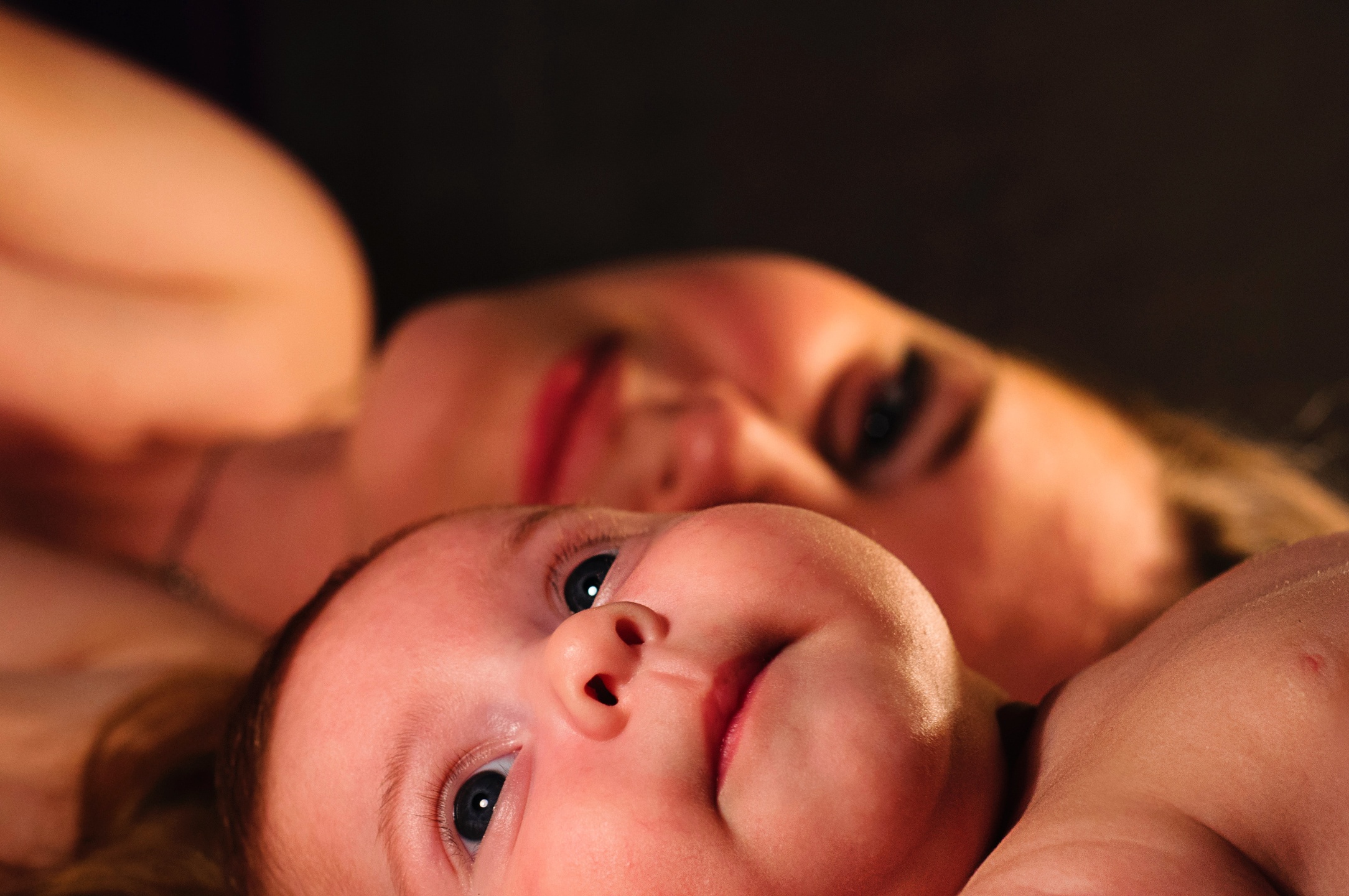Separation anxiety

By Angela Wilson
Certified child sleep consultant, MA Natural Sciences Cambridge University and co-founder of Baby Smiles Club
The human baby is one of the least neurologically mature mammals at birth. Their brains aren’t as developed as other mammals, which is why babies are dependent on us to take care of their every need. For example, it takes months before a baby can crawl (let alone walk!) – a baby giraffe, on the other hand, can stand around 30 minutes after birth, whilst a baby zebra can walk and even run within an hour!
It’s because of this dependency that separation anxiety is very common in babies and toddlers. Separation anxiety is why your baby might burst into tears when you leave them at nursery for the first few days, or why your toddler might bang at the door incessantly should you dare to need to use the bathroom alone for one minute!
What is separation anxiety and when can it happen?
Separation anxiety is common in babies from around 6 or 7 months old. It’s at this age that a child has begun to realise how dependent they are on you, and when you leave them (even if only for a few seconds) they feel vulnerable and worried.
A baby or toddler might cry hysterically, become clingy or get upset when you leave them in their cot at bedtime, or drop them at nursery. They’ve become anxious that you’re not there, and this is their way of telling you.
All children are different, but separation anxiety typically peaks at around 14–18 months old and then eases off. But episodes of separation anxiety can continue well into childhood.
Separation anxiety can be tough for both children and parents, but it’s actually a sign of how well you’ve bonded with your child. Missing you when you leave them is a sign of a strong and healthy attachment. Although it might not feel that way when your toddler is banging at your legs, demanding to be picked up, when you’re trying to make them their dinner or get on with some other task!
Separation anxiety and sleep
Separation anxiety and sleep go hand-in-hand.
- Firstly, separation anxiety can have a big impact on a baby or toddler’s sleep.
Your child might have happily been self-settling themselves off to sleep before, but all of a sudden they might start to cry when you leave, or want to hold your hand to sleep, or cry out for you in the middle of the night.
Having a good daily routine, including good bedtime rituals, can really help a child get through a bout of separation anxiety. Knowing what’s going to happen, and when, is comforting and reassuring. And bedtime rituals help a child to feel loved and secure before bedtime. - Secondly, a tired child is more likely to experience separation anxiety.
Missing mum or dad might be manageable when your child is feeling well-rested, but when they’re tired, emotions are more likely to be triggered.
This is one of the MANY reasons why it’s good to help your child sleep well. And if your child is sleeping well, then so are you! Making it easier for you to stay calm if your baby or toddler is commanding constant attention :)

What can help with separation anxiety?
Separation anxiety isn’t easy for a baby or toddler to deal with. Or for you. But the following can help:
- Give your child lots of love, affection and attention when you’re with them. Doing so will help them feel safe and secure, and more equipped to be able to cope when you’re not there. You’re not spoiling them – you’re giving them the time and attention that all children need.
- Practice being apart. Leave your child with someone they know well, and just for a few minutes, to begin with. Being with someone they know, like a grandparent or other relative, should help your child feel comfortable and secure without you. Build up gradually towards longer separations.
- New caregivers. Let your child get to know a new caregiver before leaving them with that person. Interact with the caregiver positively whilst your child is there, so your child knows that you trust them, and has time to become acquainted with them.
- Talk about what you’re doing later. Talk to your child positively and calmly about what you’ll do when you’re back. A baby or young toddler might not understand all the words, but the tone will be comforting.
- Always say goodbye. Give your child your full attention before leaving. Don't sneak away hoping that they won’t notice that you’re leaving! This will likely make them panic when they realise that you’re not there, and you’ll lose their trust – making future goodbyes harder!
- Be happy and confident when leaving. Even if you feel anxious or sad about leaving your child, always say goodbye happily and confidently, and with a kiss and hug. If you’re feeling tense your child will pick up on this. Don’t prolong the farewells and when you’ve said goodbye, leave. It can be hard if your child is upset, but sticking around will just make things worse.
- Have a happy reunion. Make your child feel loved and secure when you are reunited.
Our Baby Sleep Program is designed to help your baby sleep well, whilst fostering and strengthening the parent-child bond. Angela also provides individual sleep consultations for babies and toddlers.

